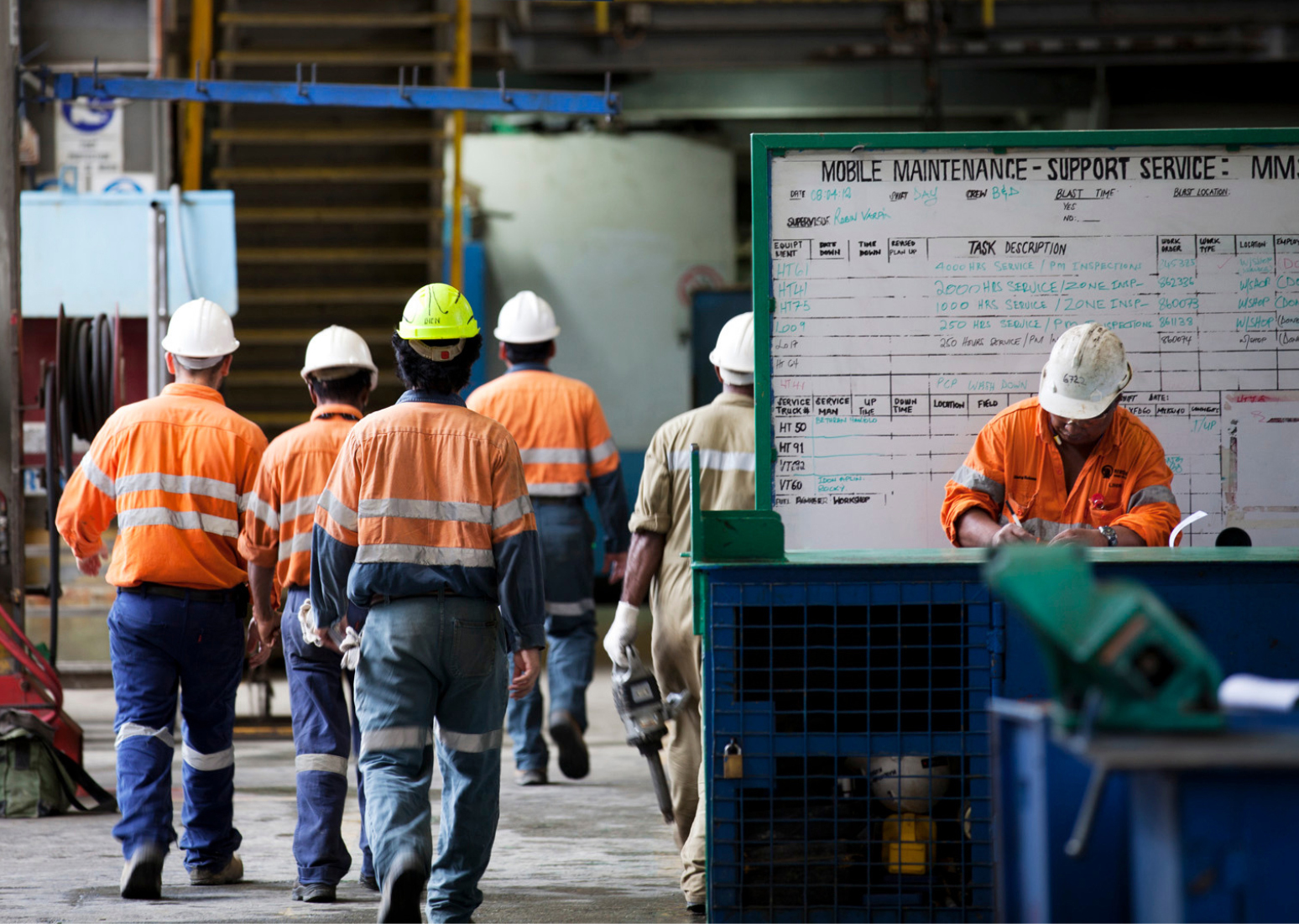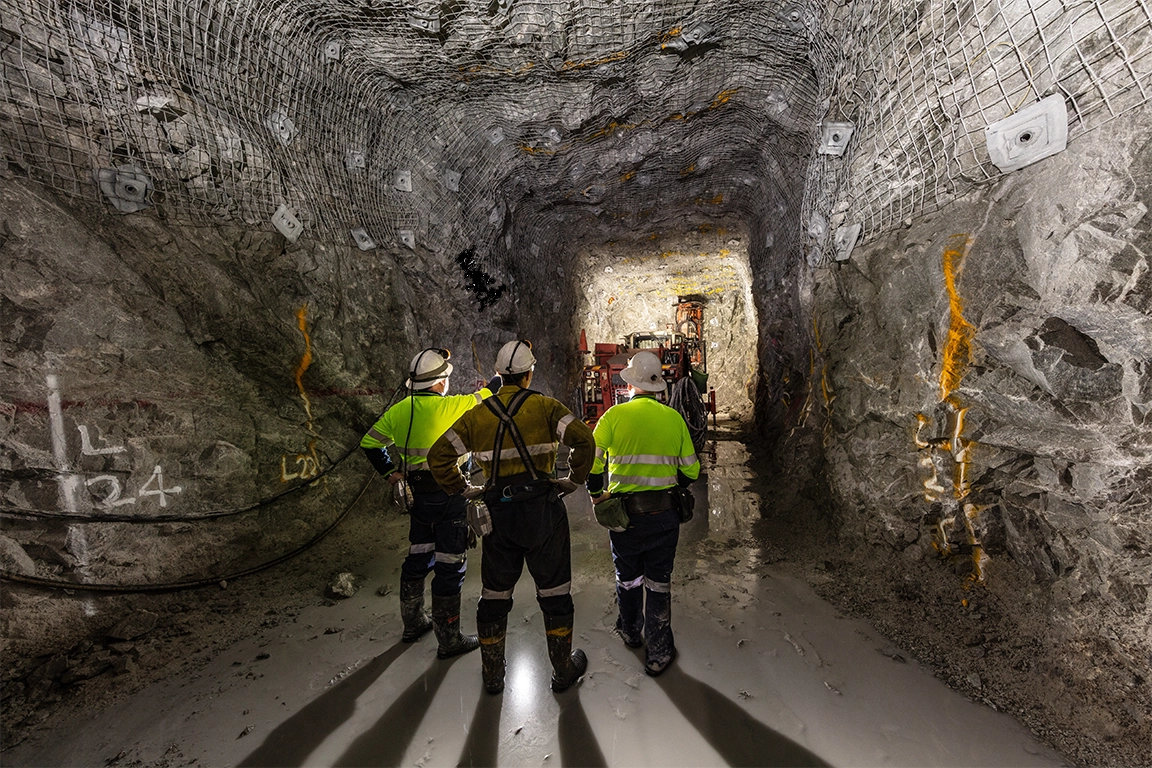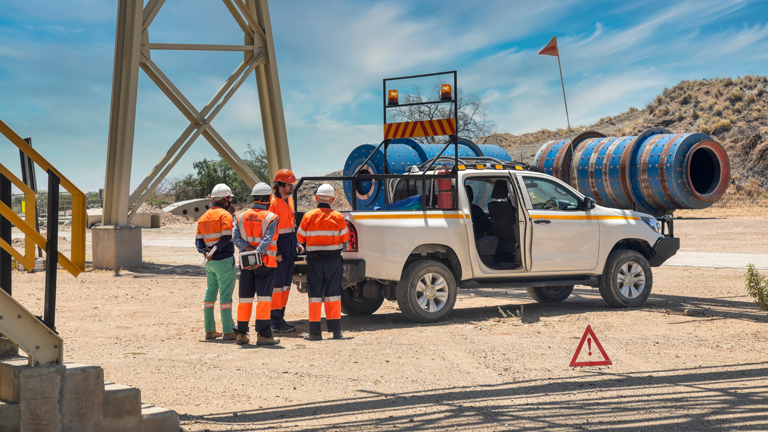Establishing a mining project in a foreign country is no small task. From working around unfamiliar government regulations to understanding local culture, getting the right team in place can be just as challenging as the project itself. To hire a large team of technical staff on a tight deadline is tough, but to manage it across borders adds layers of complexity — and a whole lot of things you hadn’t anticipated.
This article explores best practices for recruiting talent for international mining projects, common pitfalls to avoid, and some sage advice to help streamline the process.
1. Start with community engagement
An essential first step is to understand the local market and connect with the community. If you build relationships at a grassroots level, you can learn invaluable insights and build support for the long term. Engage with community leaders and educational institutions, or host local job fairs — this can create a solid foundation.
Justin Campbell, Head of Projects at Globe 24-7 agrees with this approach:
“Engaging with community leaders within the region is critical to the operation — it’s all about having a social license to operate,” he explains. “Companies can prepare by understanding the complexities of a particular environment, including how people are remunerated locally.”
There’s an element of desktop planning that’s required before starting any work.
“You want to look at things like are there any existing mines or construction projects in the region that you can access talent from?” says Justin.
Using social media can be a powerful way to tap into both active and passive talent pools. Many potential candidates aren’t actively job hunting, but the right outreach strategy can attract hidden talent.
2. Understand local laws and infrastructure
Compliance with local laws isn’t optional — it’s essential. Missteps in understanding employment regulations, tax obligations, or visa requirements can lead to costly delays.
“It’s not much good spending a month lining up a dozen engineers from South Africa for your project if it turns out that the visa restrictions in that country mean it will take a year to get them on site,” says Justin.
Most countries require international mining companies to maintain a ratio of expats to local hires within the org structure, so it’s important to comply with those rules.
Additionally, infrastructure considerations, like communication methods and internet availability, often go overlooked.
“Simple things like understanding how to contact candidates are essential. Some regions prefer WhatsApp, others Facebook. These preferences affect both attracting talent and communicating with talent in the region,” he explains.
By addressing these factors early, you can avoid logistical headaches and create smoother recruitment processes.

3. Know the local workforce
“It sounds obvious, but many bulk recruitment firms don’t have recruiters on the ground in those countries,” says Justin.
Recruiting in a new country means understanding local values and workplace expectations. Does your team understand what motivates the workforce in your target region? Do you have a good handle on salary benchmarks, benefits like healthcare or housing, and work-life balance preferences?
These can vary widely. If you customise your Employee Value Proposition (EVP) to these factors, it strengthens your employer brand and helps attract top talent.
For expat roles, the challenge lies in identifying candidates willing to relocate. Justin shares how a global network helps streamline this process:
“Our global network enables us to find candidates willing to move overseas for the opportunity. Unlike agencies limited to specific regions, we can tap into talent pools worldwide as part of a localised strategy.”
4. Address skills gaps
Before recruiting, assess the talent pool available locally. While there may be skilled professionals in the area, they may not fulfill all project requirements. There may not be other mines within the country that you can source from, or they may be vastly different mining methods, or commodity types where skills don’t directly transfer.
“There might be an underground mine in the region, so there’s some skill there around underground methods, but not open-cut mining, or vice versa,” explains Justin, who oversees several international RPO projects.
This is where an expat network can be helpful. Early on, you want to have access to expats on a regional and global scale to bring in the knowledge and set up good systems. Later, they can begin to upskill and promote local talent into roles for the long term.

5. Avoid generalists
While large, generalist recruitment agencies that offer a one-size-fits-all service may seem appealing, they often lack the industry-specific expertise needed for mining projects. Justin cautions against this approach:
“Generalist agencies are unlikely to deliver the outcomes mining companies need. They often lack the infrastructure for global mobility and might assign inexperienced staff who don’t understand the complexities of mining projects.”
Instead, seek a partner with proven expertise in the mining industry. Customised recruitment approaches like RPO are a good option for new projects or expansions because it can scale to your needs. This targeted approach reduces time-to-hire, ensures critical positions are filled, and helps your operation stay on track.
Setting up a mining project overseas requires more than technical expertise; it demands a nuanced understanding of local markets, laws, and cultural dynamics. Get to know the communities early, address legal and logistical challenges, and partner with specialists. Follow this strategy and you’ll be well on your way to building a high-performing team that brings success to the business.

